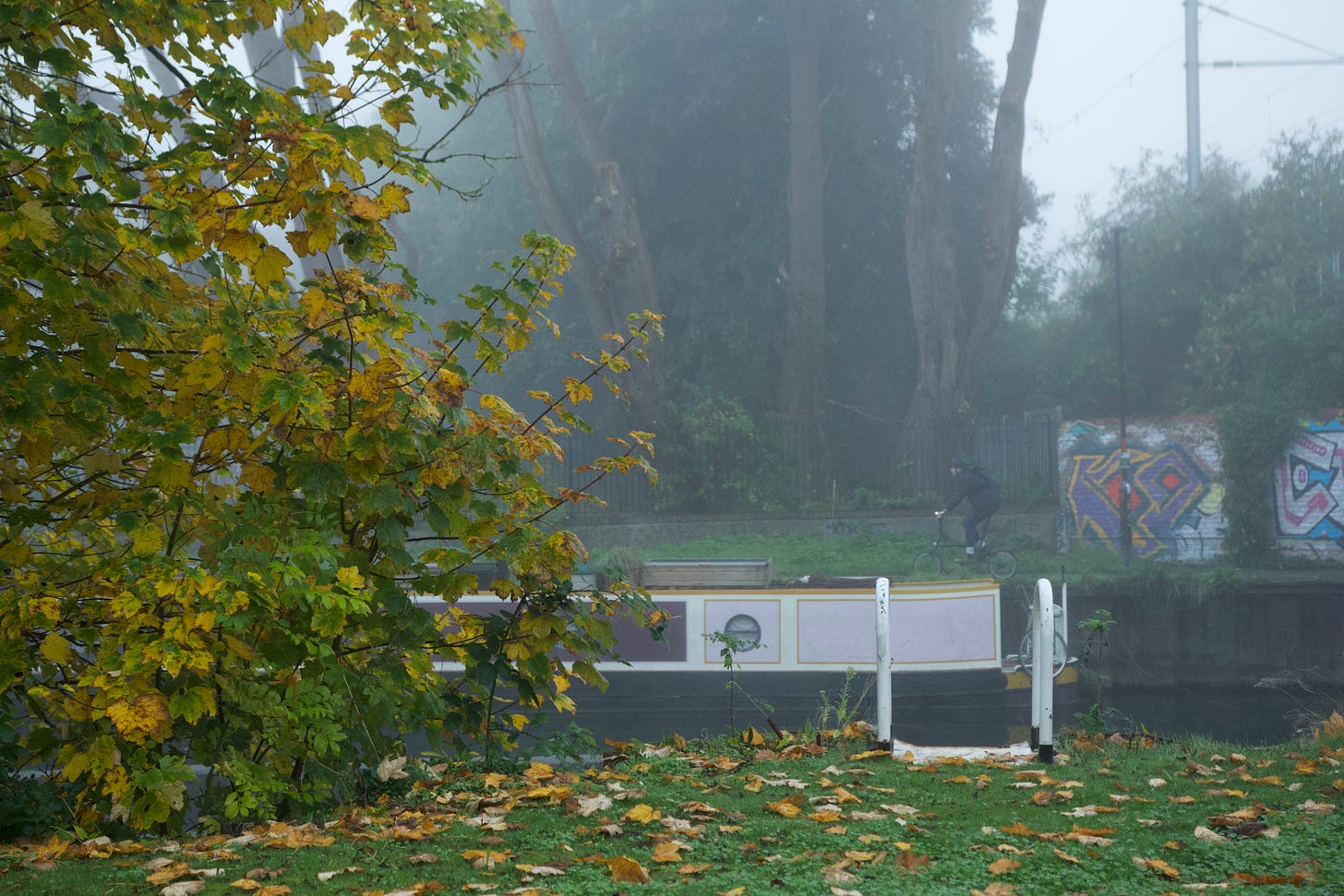Let falling leaves lie
Doing nothing costs nothing.
There’s a sycamore tree overhanging my road.
Even though it’s been unpleasantly warm for the last few weeks, its leaves have yellowed and dried and carpeted the ground beneath it in thick, satisfying piles.
If there’s one archetype people associate with autumn - even those completely detached from the natural world - it’s the falling of leaves. I’m no different. Every evening, on my way home from work, I take great pleasure in kicking the leaves up into flurries of golden snow.
Or at least I did, until the estate gardener put an inordinate amount of effort into removing as many leaves as possible from both the pavement and the grass.
If I could point to one machine that symbolises the baffling relationship between humanity and the natural world, it would be the leaf blower.
I watch the gardener now and then with fascination as he diligently blasts leaves about the place with his immensely noisy, petrol-fuelled blowing machine, scoops them into bags then drives them to landfill.
Society has taught us to do a lot of things that, when thought about a little more closely, are revealed to actually be a complete waste of time and energy and serve only to harm ourselves. Clearing up leaves every few days in autumn is one of them.
It all comes down to our arch-nemesis, tidiness. The scourge of the pristine lawn. The villain of the perfect garden. We even use the same name for fallen leaves as we do for carelessly discarded waste: litter.
But, like everything natural in this world, it has a purpose. There’s no such thing as waste in nature. Fallen leaves decompose and return much-needed nutrients to the soil, forming most of the organic matter plants rely on in the next growing season. Insects like butterflies and moths and ladybirds seek refuge in fallen leaves and shelter over the winter. Mammals, too, hibernate in piles of leaves. With hedgehogs in rapid decline and now listed as ‘near threatened’ on the IUCN’s Red List1 and butterflies vanishing across the world - prompting Butterfly Conservation to declare a ‘butterfly emergency’2 - species need all the help they can get.
There are very few things in life you can gain by simply not doing anything, but leaving your leaves alone is one of them.
If you absolutely cannot bear the thought of having even a single leaf on your precious lawn, then scatter them around your flower beds or pile them up in sheltered corners of your garden instead. Don’t shred them, like some guides suggest, as that would also shred the overwintering insects that we - and the animals that feed on them - will need in the spring. If an ecosystem is functioning properly, fallen leaves will decompose quickly. Slugs, snails, worms and bacteria will all do their jobs of transforming leaves back into the soil they came from, as part of the great cycle of life.
Until that happens, we have the briefest of moments to enjoy something beautiful. Deep reds and yellows and oranges and purples. The sweet, earthy smell of autumn. The satisfying floof of wading through a crisp carpet of papery joy.
There is so much in this world that we purposelessly take away from ourselves. So much damage is done because that is how it’s always been, and what would the neighbours think.
Well, it’s about time we pushed back on ludicrous social conventions.
Challenge the norm. Question your habits.
Leave your leaves.







I hate leaf blowers. If leaves need to be removed from paths (to avoid people suing the council when they fall after slipping on fallen leaves) they can be raked! But definitely I've never understood the need for so much tidiness, fallen leaves are beautiful and part of nature's cycle.
Leaf blowers are the worst. They should be banned. So noisy as well as pointless.